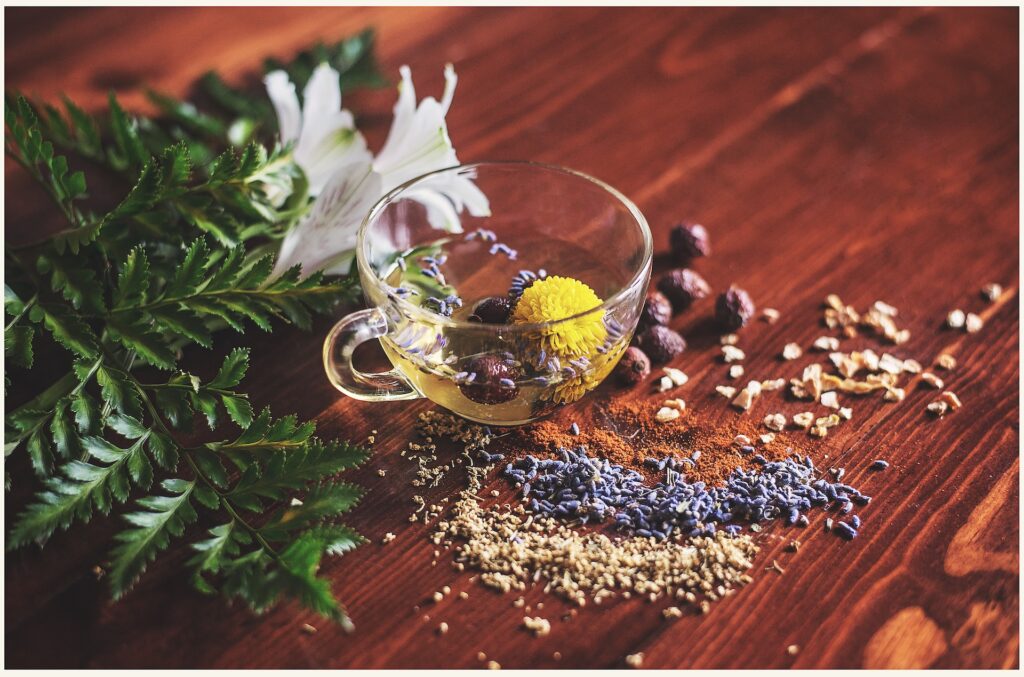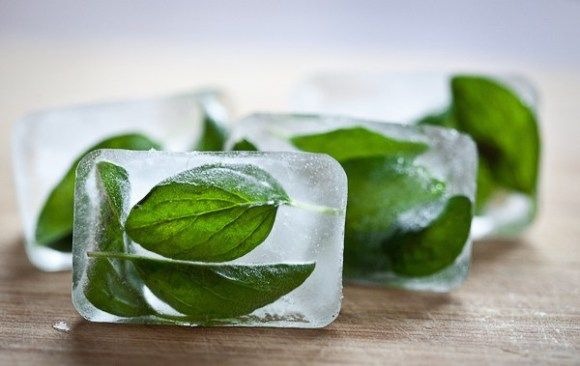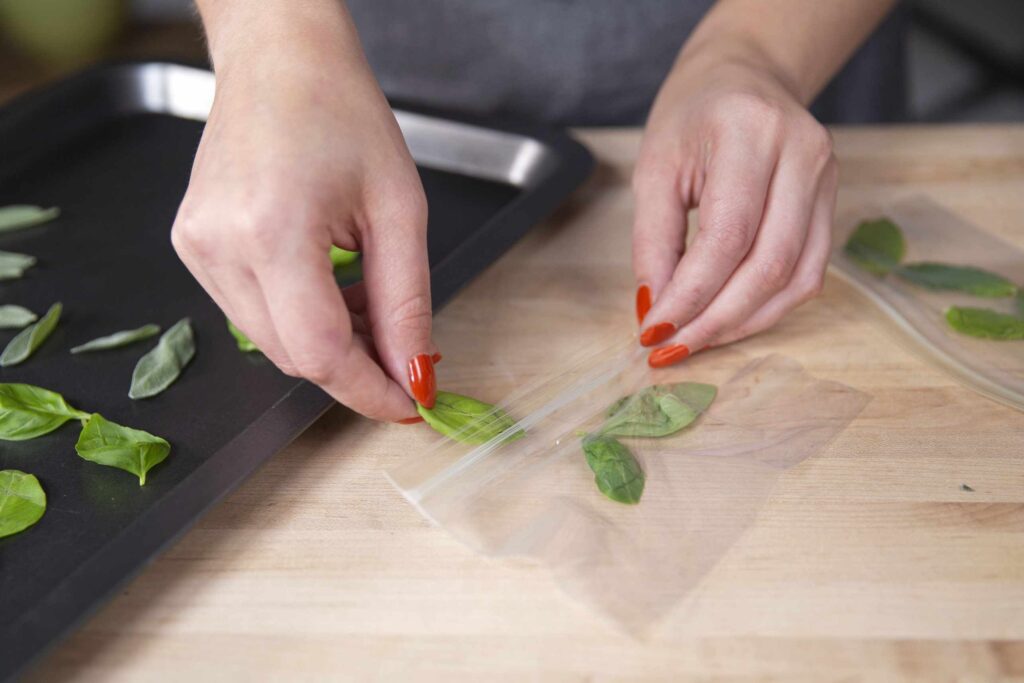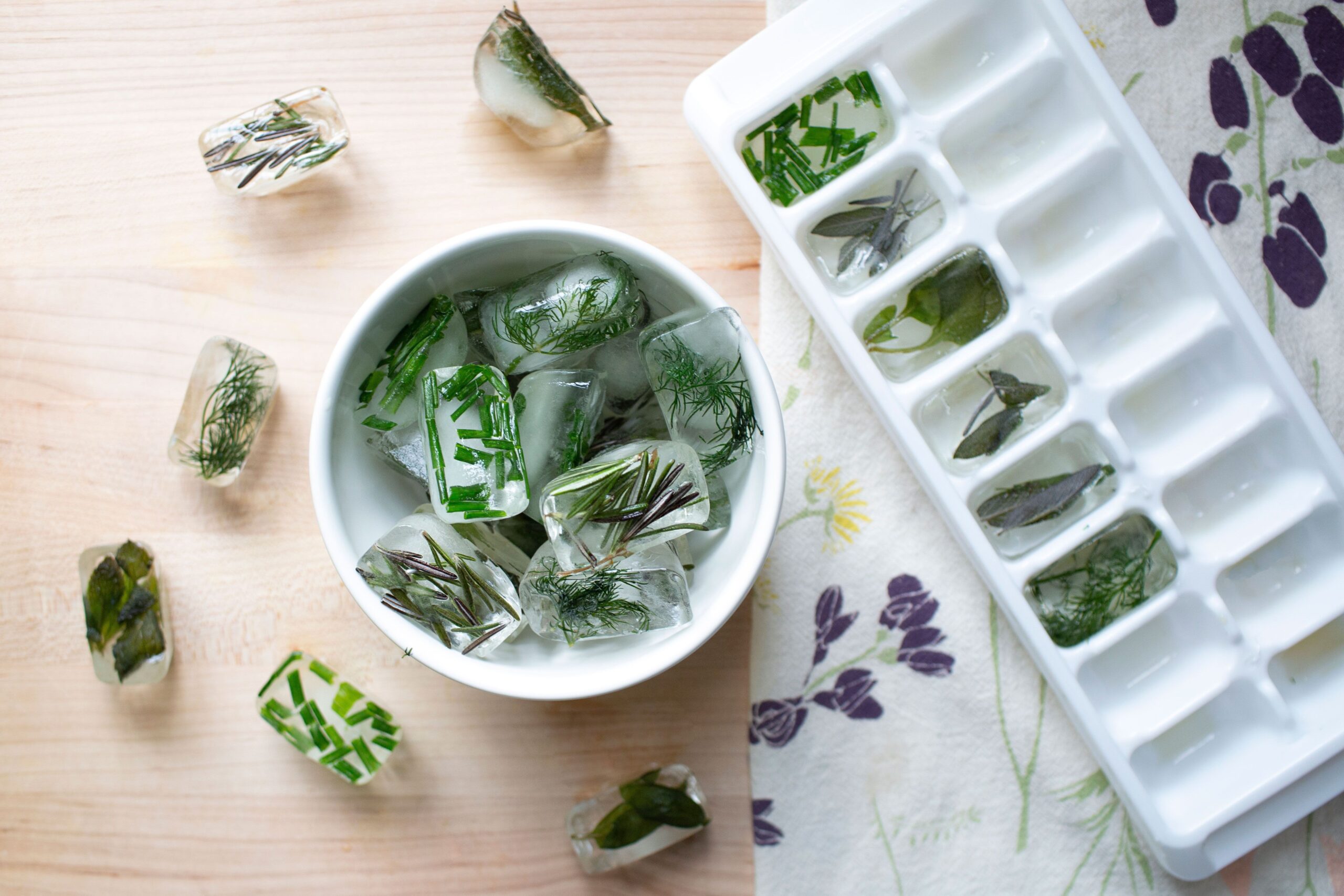It’s a chilly Wednesday evening, and you’re preparing a home-cooked meal for your family. You reach out for that packet of basil leaves you bought a few weeks ago, only to find it has lost its vibrant green color and aromatic scent. You can’t help but wonder, “Can you freeze spices and herbs?”
We often buy various spices and herbs to serve our families the most tempting dishes. But ensuring their freshness until the next use can be a tricky business. Proper storage is crucial for maintaining the potency and flavor of these culinary gems. While freezing may seem unconventional, it might be the solution to prolonging their shelf life.
This article will delve into the potential benefits and drawbacks of freezing herbs and spices, providing practical advice to make the best culinary decisions.
The Shelf Life of Spices and Herbs

Understanding the shelf life of spices and herbs is crucial. Just like any other food item, they don’t last forever. However, with proper storage, you can significantly extend their life, ensuring you’re always serving meals packed with flavor.
👉🏻The Lifespan of Properly Stored Spices and Herbs
Typically, whole spices can last up to four years, ground spices around two to three years, and dried herbs from one to three years. But remember, these are just general guidelines. The ‘best by’ date on the packaging can give you a more accurate idea but trust your senses too. If it smells strong and looks vibrant, it’s likely still potent.
Consider the example of dried basil. It has a robust, slightly sweet aroma that can fill a room when fresh. If you open a jar of dried basil and don’t get that familiar scent, it’s probably past its prime. It won’t necessarily harm you if you use it in your cooking, but it won’t contribute much to the flavor.
👉🏻Factors Influencing the Shelf Life of Spices and Herbs
Several factors can affect how long your spices and herbs retain their potency. Here are some key influencers:
✔Storage conditions: Heat, light, and moisture exposure can degrade your spices and herbs faster. Always store them in a cool, dark, and dry place.
✔Form: Whole spices tend to last longer than ground ones. Grinding exposes more surface area to the air, speeding up the degradation process.
✔Quality: High-quality, organically grown spices and herbs often have a longer shelf life than their lower-quality counterparts.
✔Packaging: Air-tight containers can help extend the life of your spices and herbs. Avoid plastic bags, as they allow moisture and air to seep in over time.
The Advantages of Freezing Spices and Herbs

When preserving the freshness and flavor of spices and herbs, freezing emerges as an unexpectedly effective method. Let’s take a closer look at the benefits this approach offers.
✅Longevity
One major advantage of freezing spices and herbs is the extension of their shelf life. Fresh herbs, such as basil or parsley, can wilt or lose their vibrancy quite quickly when kept in the fridge or at room temperature. However, these herbs can remain fresh for several months, even up to a year, when properly frozen.
Consider this scenario: you’ve bought a bunch of fresh cilantro for a special taco night with your family. But despite your best efforts, you only use half of it. Instead of letting the rest wilt away in the refrigerator, you could freeze it. This way, the next time you plan Mexican cuisine, your cilantro will be as fresh and flavorful as the day you bought it, preventing waste and saving you a trip to the grocery store.
✅Flavor Preservation
Freezing extends the life of your spices and herbs and helps preserve their flavor. When you freeze them, the essential oils that give these ingredients their distinct taste are locked in. As a result, even after months of storage, they can still add a robust flavor to your dishes.
For instance, imagine you’re preparing a family favorite spaghetti Bolognese and need some oregano. You reach into your freezer and find a batch you froze months ago. As you crumble the frozen leaves into your simmering sauce, the kitchen fills with the familiar, comforting aroma of oregano. Despite the passage of time, the herb’s flavor profile remains intact, enriching your dish as effectively as it would have on the day of purchase.
✅Convenience
Freezing spices and herbs also add convenience to your cooking routine. With frozen herbs and spices, you can easily add flavor to your dishes without waiting for last-minute grocery runs. It can be particularly useful when navigating the often hectic schedules of parenting, where time is always at a premium.
Let’s say your kids invite a few friends over for a study session, and you cook a homemade pizza for them. You remember you have frozen basil leaves in your freezer. In no time, you sprinkle the vibrant, flavorful leaves onto the pizza before popping it into the oven. The result? A delicious, aromatic pizza that earns you the title of ‘coolest parent.’
Potential Downsides of Freezing Spices and Herbs
As appealing as it may seem to prolong the shelf life of your spices and herbs through freezing, it’s essential to be aware of the potential downsides. Understanding these drawbacks will help you make informed decisions about the best methods for preserving your ingredients.
❎Flavor Fallout
One of the primary concerns when freezing spices and herbs is the potential loss of flavor. Let’s take basil as an example. Its fresh, peppery taste can elevate a simple pasta dish to new heights, but if frozen incorrectly, you could have a less vibrant, somewhat muted flavor. It happens because the freezing process can cause ice crystals to form within the leaves, damaging the cell structure and losing essential oils—the source of that distinctive basil aroma.
❎Textural Turmoil
Another downside to consider is the change in texture. Fresh herbs, like cilantro or parsley, add flavor and a delightful crunch to dishes. However, freezing can alter this texture significantly. After being frozen and thawed, these herbs often become limp and lose their crispness. For instance, imagine adding some thawed cilantro to your homemade salsa. Instead of the fresh crunch, you might encounter a wilted texture that doesn’t quite hit the mark.
❎Uneven Freezing
Consider the challenge of uneven freezing. Spices, being generally dry, freeze differently than fresh herbs. While whole spices like cinnamon sticks or peppercorns might hold up well, ground spices can clump together during freezing, making them difficult to use later. Imagine sprinkling some frozen ground cumin into your curry, only to find it stuck together in a solid block. It is hardly the convenient solution you were hoping for.
How to Properly Freeze Spices and Herbs

When it comes to parenting, every small detail counts and that also extends to the kitchen. A well-seasoned meal can make all the difference in your family’s dining experience, and proper preservation of spices and herbs plays a crucial role. Let’s delve into the step-by-step guide on freezing these flavor enhancers to ensure a flavorful meal every time.
Step 1: Choose the Right Spices and Herbs
Understand that not all spices and herbs freeze well. Leafy herbs like basil, parsley, and cilantro retain their flavor better when frozen than others. Similarly, whole spices like cloves, cinnamon sticks, or nutmeg can withstand freezing better than ground ones.
Step 2: Prepare for Freezing
Next, wash and thoroughly dry your herbs. Any moisture left on the leaves can lead to freezer burn, which will degrade the quality of your herbs. For spices, ensure they are in air-tight containers to prevent moisture from seeping in.
Step 3: Freeze
Place your herbs in a single layer on a baking sheet and put it in the freezer. Once they’re frozen, transfer them to a freezer bag or air-tight container. Remember to label each container with the date to keep track of their freshness. For spices, it’s as simple as putting the air-tight container directly into the freezer.
Step 4: Use as Needed
When you’re ready to use your frozen herbs, there’s no need to defrost them. You can add them directly to your dishes. For spices, measure out what you need and return the rest to the freezer quickly to prevent condensation from forming.
Ensuring Optimal Freshness and Flavor Retention
The key to maintaining the freshness and flavor of your spices and herbs lies in their storage. Here are some tips to help you get the most out of your frozen ingredients:
- Always store herbs and spices in air-tight containers. It prevents moisture and air from getting in and affecting their quality.
- Use your frozen herbs within six months for optimal flavor. While they won’t spoil beyond this point, their flavor may diminish.
- Do not refreeze herbs after defrosting them. It can lose its flavor and lead to spoilage.
Frequently Asked Questions
Q: What is the best way to store spices and herbs if I don’t want to freeze them?
A: If you prefer not to freeze fresh herbs and spices, the best way to store them is in a cool, dark, and dry place. A kitchen cupboard away from heat and light sources is ideal. For herbs, you can air-dry them and then store them in an air-tight container. Remember to label and date your containers. Generally, whole spices can maintain their flavor for around four years, ground spices for 2-3 years, and dried herbs for 1-3 years. However, replenishing your stock every 6-12 months is advisable for maximum flavor.
Q: How long can I expect my frozen spices and herbs to last?
A: Frozen spices and herbs can retain their flavor for up to a year. However, it’s best to use frozen herbs within six months and whole frozen spices within a year for the best taste. After this period, while they may not spoil, their flavor may diminish. Remember, it’s best practice to label your containers with the freezing date to keep track of their freshness.
Q: Will freezing affect the flavor of my spices and herbs?
A: Yes, freezing may impact the flavor of your spices and herbs to an extent. The process can cause some herbs and spices to lose a bit of their punch, but generally, the change is not drastic enough to significantly alter the taste of your dishes. Leafy herbs and whole spices usually maintain their flavor well when frozen. Remember to use them within the recommended timeframe (6 months for herbs and a year for whole spices) to ensure optimal flavor.
Q: Can I use frozen spices and herbs directly in cooking, or must they be defrosted first?
A: You can directly use frozen spices and herbs in your cooking without defrosting them. For herbs, simply crumble the frozen leaves into your dish as it cooks. The heat from your cooking will defrost the herbs quickly and release their flavors. For frozen spices, measure the amount you need and add it directly to your dish. Remember to return the rest to the freezer quickly to prevent condensation from forming.
Final Words
As we navigate the hustle and bustle of life, every minute saved counts. Properly preserving our spices and herbs, such as freezing, can make a difference. It saves us time and ensures we always serve flavorful, high-quality meals to our loved ones.
However, it’s important to remember that not all spices and herbs are equal in the freezing game. Leafy herbs and whole spices tend to freeze better than their counterparts. While freezing has its downsides, like flavor fallout and textural changes, we can minimize these effects with the right methods of freezing and storage. Remember, keeping our kitchen organized, and well-stocked is essential to a well-oiled machine. It makes our life easier, our cooking, and our family happier.
Now, it’s your turn to share. What are your tips and tricks for preserving spices and herbs? Do you have a go-to method? Leave a comment below, and let’s keep this conversation going. After all, the kitchen is where we feed not only our bodies but also our souls.

